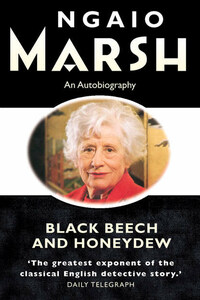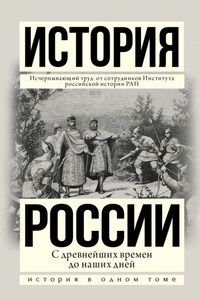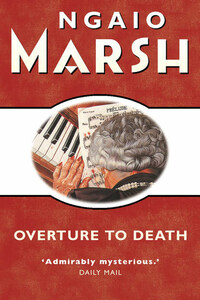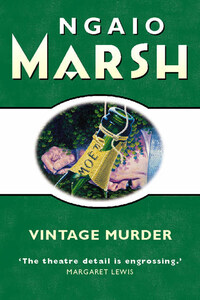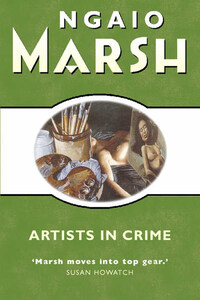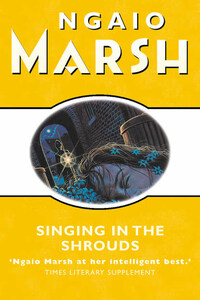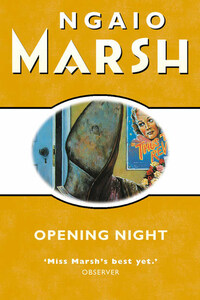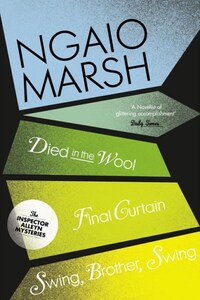In 1912, on a midsummer morning in the foothills of the Southern Alps, I experienced a moment of absolute happiness: bliss, you might call it, only I donât want to kill the recollection with high words.
Whenever I travel backwards, as of course one inclines to do as one grows older, it is at this point that I find an accent, a kind of halt, as emphatic as one of those little stations that interrupt the perspective of railway lines across the Canterbury Plains in New Zealand. I am almost afraid to stop there because, as everybody knows, one may return too often to past delights; to the smell of a book, of a crushed geranium leaf, of a box-tree hedge, hot with sunshine: or of honeydew in summertime.
This was a morning that would soon grow very warm. At that early hour â about half-past six â one could already smell the honeydew. It is exuded by a tiny insect and sweats in transparent globules through a black, mossy parasite that covers the trunks of native beech trees in New Zealand. Chip-dry twigs snapped under my feet. Bellbirds, exactly named, absent-mindedly prolonging their dawn-song, tinkled in the darker reaches of the bush. From our hidden tents, the smell of woodsmoke and frying bacon drifted through the trees. Someone climbed down to the river for water and a bucket clanked pleasantly. I came to a halt and there at once was the voice of the river filling the air in everlasting colloquy with its own wet stones.
It was then abruptly that I was flooded by happiness. In an agony of gratitude, I flung my arms round the nearest honeyed tree and hugged it. I was fourteen years old.
An impressionable age, of course, but, if this was a moment of typical adolescent rapture, I can only say that for me it was unique. One anticipates or remembers happiness; one feels but does not define, responds but does not pause to say, of the present delighted moment: âHow astonishing! I am perfectly happy.â
I have recorded this sensation because I recognized it when it happened. For that reason it might be said to have been a moment of truth. With this trip to an isolated station I move down the parallel lines of my backward journey until they meet at the point where remembrance seems to begin.
In the first decade of this century, Fendalton was a small, genteel suburb on the outskirts of Christchurch in the South Island of New Zealand. Large Edwardian houses stood back in their own grounds masked by English trees. Small houses hid with refinement behind high evergreen fences. Ours was a small house. There was a lawn in front and an orchard behind. To me they were extensive but I donât suppose they amounted to more than a quarter of an acre. I remember the trees: a pink-flowering, glossy, sticky-leafed shrub that overhung the garden gate, a monkey-puzzle which I disliked and a giant (or again so it seemed to me) wellingtonia that I was able to climb. From its branches I looked south across rooftops and gardens to a plantation of oaks with a river flowing through it where we kept our rowing-boat. Behind that was Hagley Park with a lake, sheep and playing fields, then the spire of Christchurch Cathedral and in the far distance, the Port Hills. I might have been an English child looking across a small provincial city except that when I turned to the north, there, on a clear day, forty miles across the plains, shone a great mountain range.
Outside my bedroom window stood a lilac bush, a snowball tree and a swing. In the orchard I remember only a golden pippin, currant bushes, a throbbing artesian well, hens and a rubbish heap. The rubbish heap is appallingly clear because in it one afternoon, when I was about six years old, I buried a comic song which I had previously stolen from the drawing room and torn to pieces. It was called âVillikins and His Dinahâ and the last line was âa cup of cold poison lay there by her sideâ. My father, who had an offhand, amused talent in such matters, used to sing this song in Dickensian cockney with mock heroics and whenever he did so struck terror to my heart. The paper-chase fragments of this composition must have been found, I think, that same evening. I remember my motherâs very beautiful troubled face and her saying rather despairingly, âBut why? Why did you?â I must have shown, or tried to express, my fear because I was not in deep disgrace and only had to say I was sorry to my father and promise to tell my mother about things that frightened me. In the end, but it seems to me it must have been a long time afterwards, I did manage to tell her of my terror of poison and how, without believing them, I constantly made up fantasies about it being spread like invisible butter on handtowels or inserted slyly into the porridge one was made to eat for breakfast.
